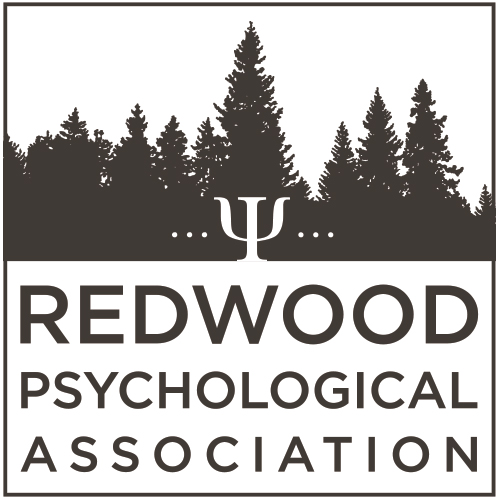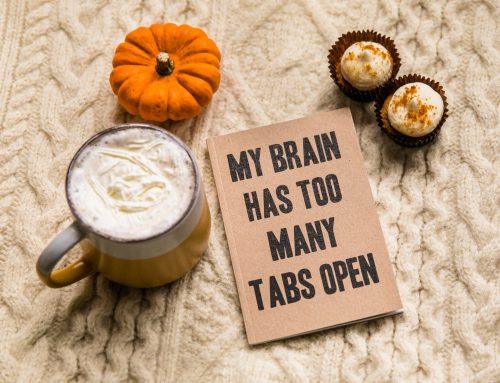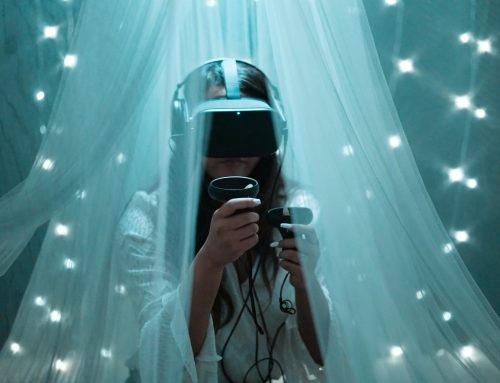From: Woodruff Health Sciences Center
Patients suffering from severe, treatment-resistant depression can experience long-term relief through deep brain stimulation, according to research conducted at Emory University.
A study published online Oct. 4 in The American Journal of Psychiatry found that deep brain stimulation (DBS) of a region of the brain called the subcallosal cingulate (SCC) provides a robust antidepressant effect that is sustained over a long period of time in the most severely depressed patients who have not responded to other treatments.
The long-term data presented in this study, conducted at Emory and led by Helen S. Mayberg, MD, now a professor at the Icahn School of Medicine at Mount Sinai, validates earlier work conducted by the research team and lays the foundation for additional studies to refine and optimize DBS for treatment-resistant depression patients. Andrea Crowell, MD, and Patricio Riva-Posse, MD, of Emory University School of Medicine served as co-authors on the study.
Patients suffering from severe, treatment-resistant depression can experience long-term relief through deep brain stimulation, according to research conducted at Emory University.
Deep brain stimulation — currently approved by the U.S. Food and Drug Administration to treat essential tremor, Parkinson’s disease, epilepsy and obsessive-compulsive disorder — is a neurosurgical procedure involving the placement of a neurostimulator (sometimes referred to as a “brain pacemaker”), which sends high-frequency electrical impulses through implanted electrodes deep in the brain to specific brain areas responsible for the symptoms of each disorder.
Mayberg led the first trial of DBS of the subcallosal cingulate white matter, known as Brodmann Area 25, for treatment resistant depression patients in 2005, demonstrating that it could have clinical benefit.
For complete article CLICK HERE






